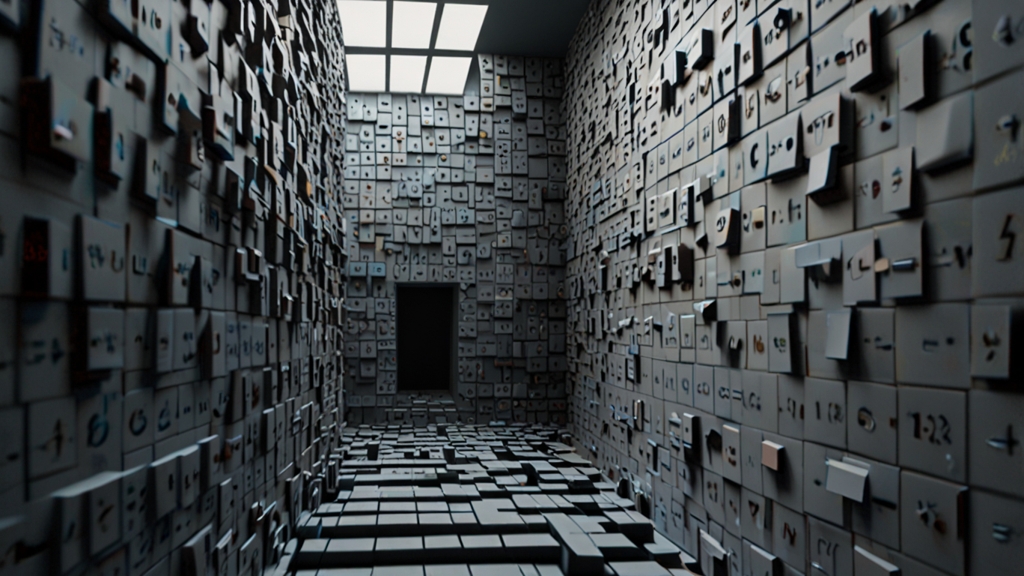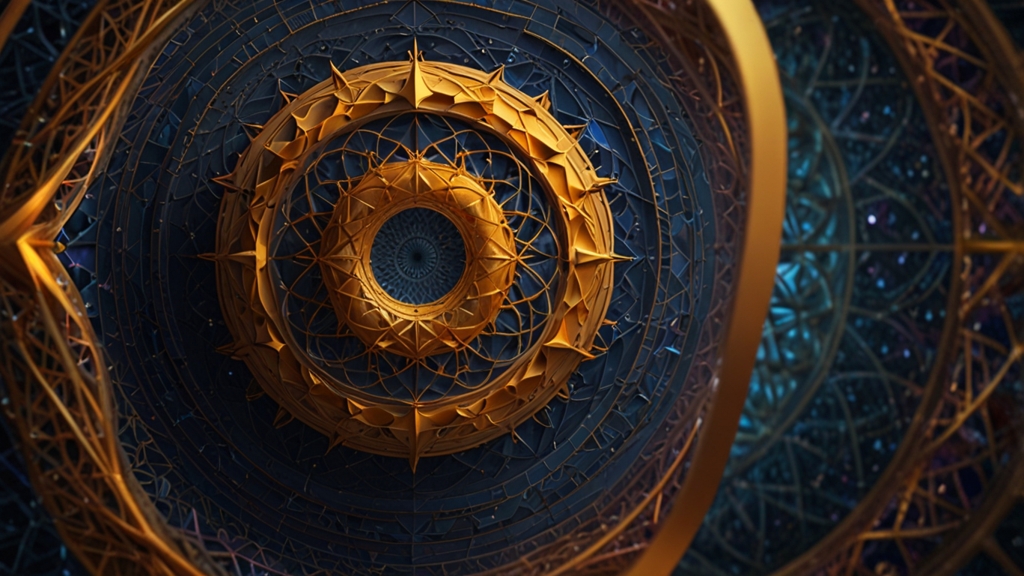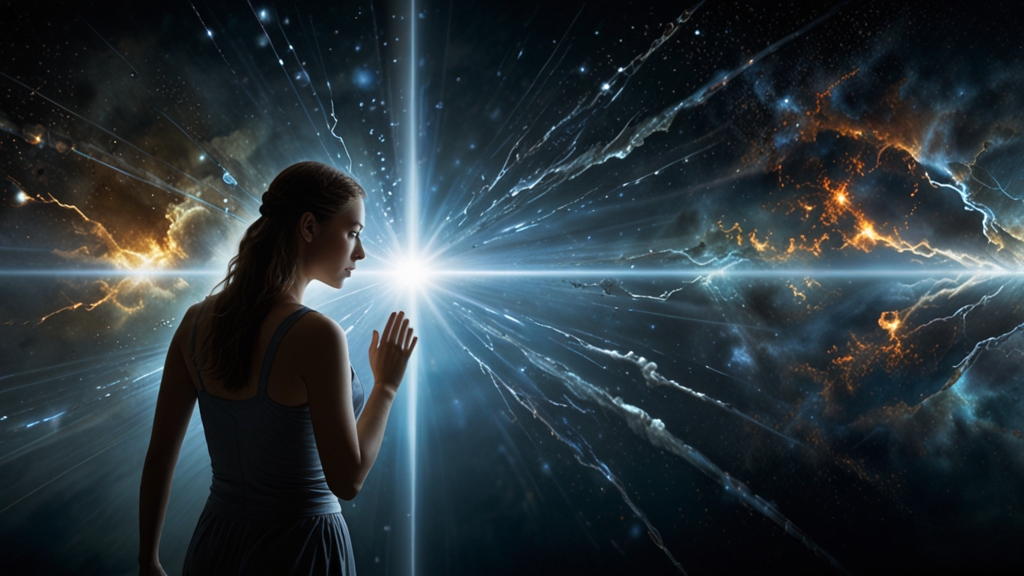Are We Living in a Simulation? The Metaphysical Debate
In recent years, the question of whether we are living in a simulation has transcended the realm of science fiction and entered mainstream scientific and philosophical discourse. The idea that our reality might be an artificial construct, akin to a sophisticated video game created by an advanced civilization, challenges our fundamental understanding of existence. This debate treads on the intersections of technology, philosophy, and metaphysics, provoking both awe and skepticism. So, are we living in a simulation?
The Origins of the Simulation Hypothesis
The simulation hypothesis gained significant traction with the publication of philosopher Nick Bostrom's 2003 paper, "Are You Living in a Computer Simulation?" Bostrom proposed that at least one of three propositions is true:
1. The human race is very likely to go extinct before reaching a "posthuman" stage.
2. Any posthuman civilization is extremely unlikely to run a significant number of simulations of their evolutionary history (or variations thereof).
3. We are almost certainly living in a computer simulation.
According to Bostrom, if one accepts the possibility of advanced civilizations developing the computational power to create highly detailed simulations, then it becomes statistically probable that we are living in one of them.
Scientific Perspectives
Some scientists are taking the simulation hypothesis seriously and have attempted to find empirical evidence to support or refute it. Physicist Silas Beane and his colleagues, for example, have suggested that constraints on the physical properties of computer simulations (like lattice spacing in quantum chromodynamics) could, in theory, manifest as observable anomalies in our universe. If such anomalies are detected, they might indicate that our universe is indeed a simulation.
“There’s Physical World, Biological World, Psychological World, and All Other Worlds. Any World We Postulate Is Either One or the Other Meant All are in One.” ― Releasethequacken's Blog
However, notable skeptics like physicist Neil deGrasse Tyson argue that even if we are in a simulation, it may be impossible to discern it from the "real" world. After all, a sufficiently advanced simulation would be indistinguishable from reality to its inhabitants.
Philosophical Implications
The simulation hypothesis also opens up several philosophical questions. If we are indeed living in a simulation, what does this mean for concepts such as free will, consciousness, and the nature of reality itself? Philosophers like David Chalmers have pointed out that simulated beings could have experiences just as real as those in a non-simulated world, raising questions about the nature of consciousness.
“Reality is that which, when you stop believing in it, doesn’t go away.” ― Philip K. Dick
Moreover, if our universe is a simulation, who or what is the simulator? And what are their intentions? While these questions border on the metaphysical and speculative, they compel us to re-examine our understanding of existence.
The Ethical Dimension
From an ethical standpoint, the simulation hypothesis raises questions about our responsibility towards others. If we are living in a simulation, is our behavior towards other simulated beings any less significant? Should we act with the same moral integrity, knowing that every being might be an artificial construct?
Furthermore, if we, in turn, develop the capability to create our own simulations, what ethical considerations should guide us? Creating sentient beings to live in simulated environments could pose profound moral dilemmas.
Conclusion
The notion that we might be living in a simulation is both thrilling and disconcerting. It challenges the boundary between science fiction and reality, forcing us to ponder profound questions about existence, consciousness, and morality. While empirical evidence remains elusive, the metaphysical debate it stirs is likely to persist, pushing the frontiers of both scientific inquiry and philosophical thought.
As we advance technologically and philosophically, the quest to understand the true nature of our reality continues, whether or not we ultimately confirm the simulation hypothesis. What remains undeniable is the power of this idea to challenge our perceptions and expand our understanding of the universe we inhabit.






